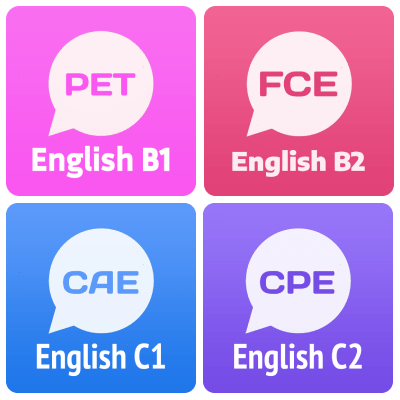Past Perfect Continuous
The Past Perfect Continuous is used to describe longer past actions that continued before another event. It emphasizes duration and is formed with 'had been' + verb-ing.
Back
Past Perfect Continuous
Here's how to make the past perfect continuous. It's 'had' + been (the past participle of 'be')+ verb-ing
Firstly, let's look at the positive form:
| Positive | Contracted Positive |
|---|---|
| I had been living | I'd been living |
| You had been going | You'd been going |
| He had been working | He'd been working |
| She had been sleeping | She'd been sleeping |
| It had been raining | I'd been raining |
| We had been studying | We'd been studying |
| They had been cooking | They'd been cooking |
To make the negative, just add 'not':
| Negative | Contracted Negative |
|---|---|
| I had not been trying | I hadn't been trying |
| You had not been working | You hadn't been working |
| He had not been shopping | He hadn't been shopping |
| She had not been crying | She hadn't been crying |
| It had not been snowing | It hadn't been snowing |
| We had not been reading | We hadn't been reading |
| They had not been running | They hadn't been running |
It's pretty easy to make the yes/no question too.
| Yes/No Questions |
|---|
| Had I been working? |
| Had you been sleeping? |
| Had he been watching TV? |
| Had she been reading? |
| Had it been raining? |
| Had we been drinking? |
| Had they been eating? |
For 'wh' questions put the question word first:
| Wh Questions | |
|---|---|
| Where had I been working? | |
| How long had you been sleeping? | |
| What had she been reading? | |
| How long had he been watching TV? | |
| How long had it been raining? | |
| What had we been drinking? | |
| Why had they been eating? |
When Should I Use The Past Perfect Continuous Tense?
1. Something that started in the past and continued up to another action or time in the past. The past perfect continuous tells us 'how long', just like the present perfect continuous, but this time the action continues up to a point in the past rather than the present. Usually we use 'for + time'. (We can also use the past perfect simple here, often with stative verbs.)
- She had been working at that company for a year when she met James.
- I'd been walking for hours when I finally found the house.
- We'd been living in Berlin for three months when we had to leave.
2. Something that finished just before another event in the past. This is usually used to show a result at a time in the past. It's very similar to the present perfect continuous, but the action finishes before another time in the past, rather than finishing before the present.
- The pavement was wet, it had been raining. (The rain had finished before the time I'm describing in the past. We could see the result of the rain.)
- The children had been playing and so the room was a mess!
- I'd been working before I saw you and that's why I was really tired.
